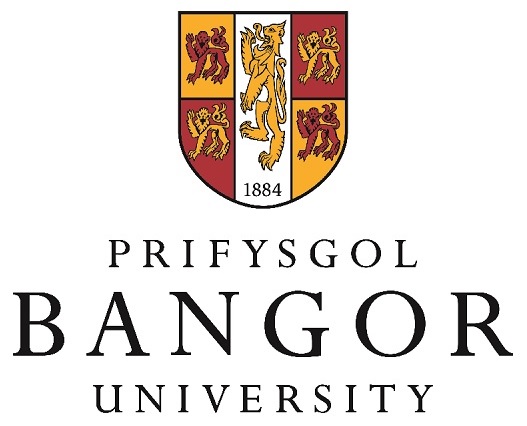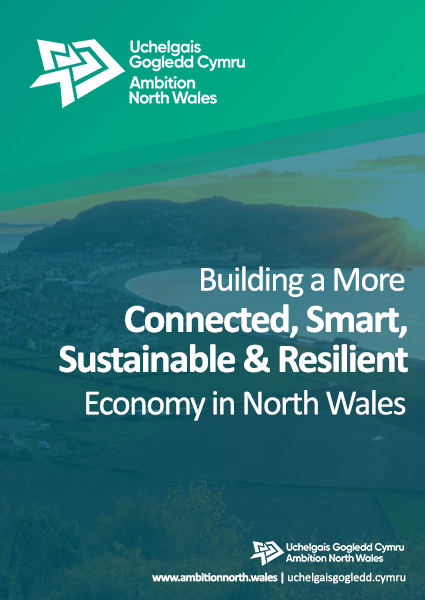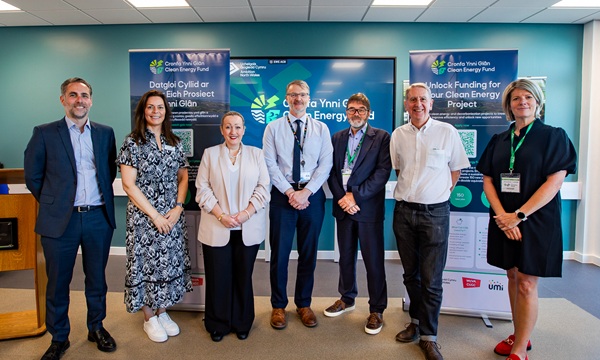
GUEST COLUMN:
Dr Edward Jones
Senior Lecturer in Economics
Bangor University

The North Wales Growth Deal represents a bold step towards fostering an inclusive and sustainable economy in the region, bringing together both private and public sectors to generate more than £1 billion in investment and create more than 4,000 jobs.
It’s an ambitious initiative that, if managed well, has the potential to drive prosperity across North Wales, benefitting both long-established industries and emerging sectors.
One of the Deal’s most promising aspects is its emphasis on inclusive growth. The approach here is not only to elevate North Wales’ economic output but to ensure that the benefits reach communities and people across the region, especially in areas traditionally underserved by investment. This focus on inclusivity is crucial; an increase in headline economic figures is only part of the story. For the region to truly prosper, we need growth that’s felt broadly and sustainably, leaving a positive legacy long after the initial investment.
Manufacturing in North Wales has a strong foundation, and the Growth Deal has significant potential to unlock additional opportunities. Wrexham and Flintshire, in particular, boast competitive manufacturing hubs that have outperformed many areas across the UK. These sectors already benefit from skilled local workforces and well-established infrastructures, yet targeted investment could help them capitalise on a growing trend of re-shoring – where businesses seek to bring manufacturing processes closer to home to strengthen supply chains and mitigate risk.
The Growth Deal’s investment in digital infrastructure will also prove essential, ensuring that businesses in both urban and rural areas have the connectivity they need to compete on a global stage.
Tourism and energy production are two further sectors where North Wales excels, and which stand to gain considerably from the Deal’s investment. With its natural beauty and unique cultural heritage, the region is already a popular tourist destination, but with targeted support, North Wales can continue to attract visitors in a sustainable way for both communities and the environment, and create additional job opportunities. Meanwhile, the region’s renewable energy initiatives can bolster Wales’ sustainability credentials and contribute to a cleaner, greener future while also creating exciting job opportunities in North Wales.
Higher education, particularly through Bangor and Wrexham Universities, also has a significant role to play in the Growth Deal’s success. Universities bring the dual advantages of research expertise and global networks, which can create mutually beneficial partnerships with local businesses. By harnessing international connections, universities can bring in insights and partnerships that open new markets for Welsh companies and bring innovative research into commercial reality. Collaborating with local industries to develop skills that align with their needs will ensure that North Wales has a highly trained workforce ready to step into growth sectors.
For the North Wales Growth Deal to deliver on its ambitions, collaboration will be essential. By linking the efforts of government, businesses, and education, North Wales has a unique opportunity to create a sustainable and inclusive economy that not only boosts the regional economy but also serves as a model for similar initiatives across the UK.










